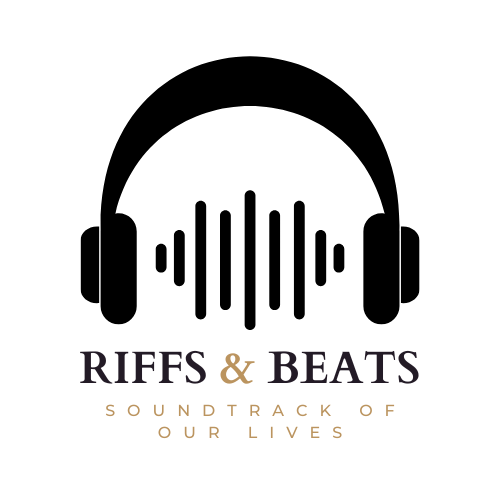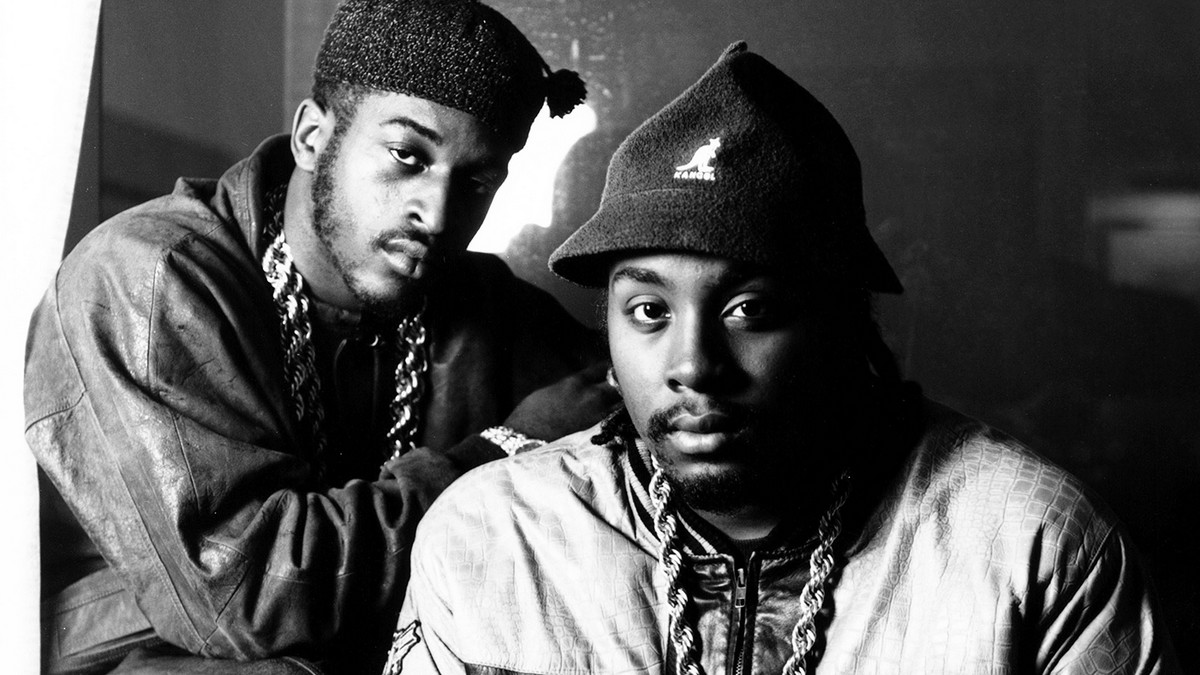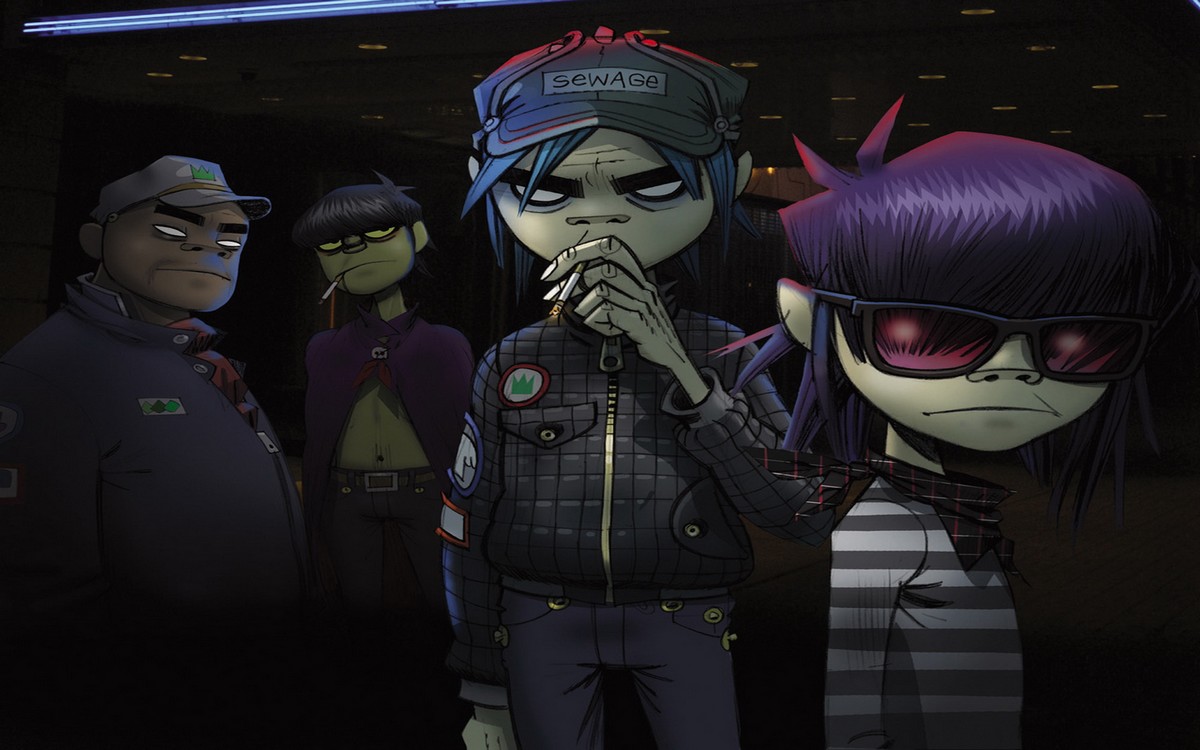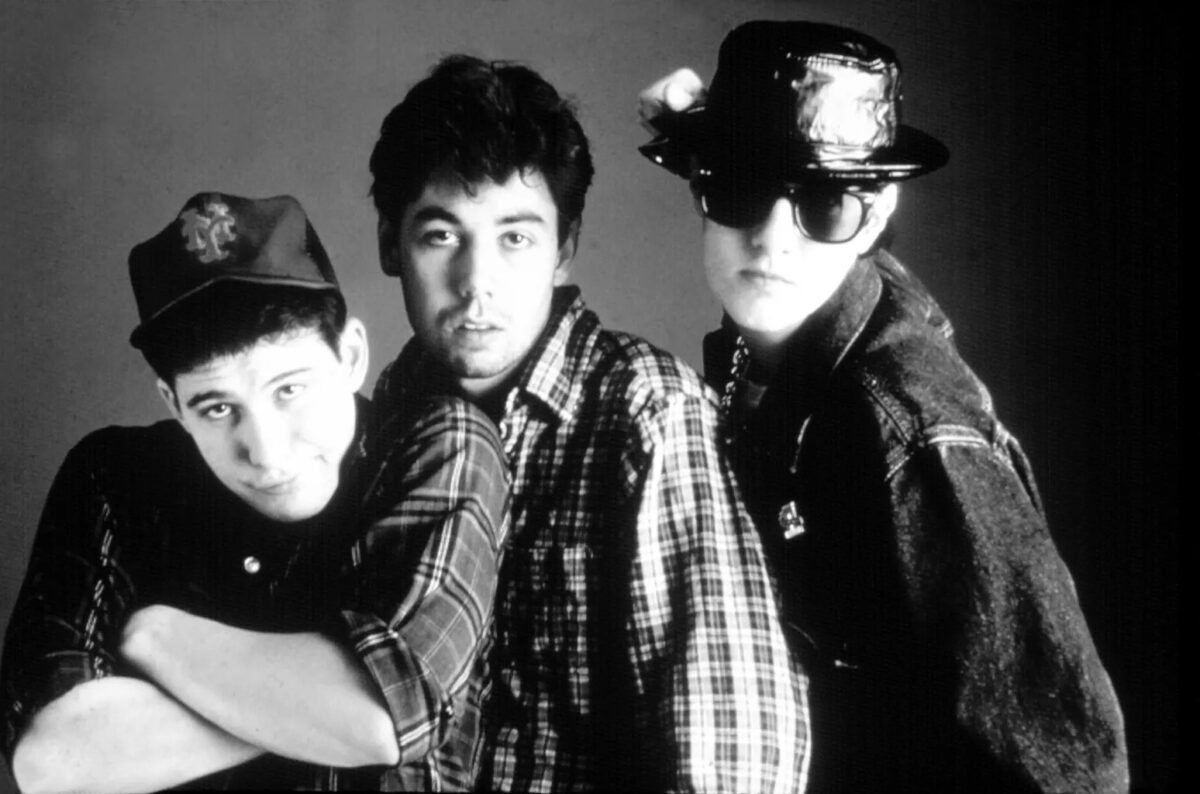Three verses, one warning shot
It starts with neither a whisper nor a fade-in. It comes like a warning shot. N.W.A.’s 1988 debut album’s opening salvo, Straight Outta Compton, erupts with Ice Cube’s voice already mid-stride, devoid of time for pleasantries. “Straight outta Compton, wild motherf*er called Ice Cube” not a lyric but rather a statement of presence. This was beyond rap. It was a press release from a site most Americans disregarded or willfully misinterpreted. Dr. Dre and DJ Yella oversee the production, which is pure muscle and dirt. The drums strike like rocks and the samples sound like sirens slow-motion riot.
Although they helped to clarify gangsta rap’s message, N.W.A. —Ice Cube, Dr. Dre, Eazy-E, MC Ren and DJ Yella—did not invent it. The precision of Straight Outta Compton set it apart. Every stanza serves as a relay baton carefully passed with rhythm. Cube begins with ferocity and control. With measured aggression, Ren locks into the groove. Eazy-E closes the song like a man smiling through shooting with that high-pitched menace. They have an accurate delivery. There is no drama, no wasted breath. Simply cold, local truth.
Radio generally disregarded the track; it was not written for it. MTV would not touch it. But word-of-mouth transformed it into gospel. Straight Outta Compton traveled via vehicle speakers, bootlegs, and nightclub systems more loudly than any official broadcast in a pre-viral environment. Its honest depiction of street life was intended to be neither justificable nor clarifying. It merely was. For children living close to the borders but distant from Compton, it was the first time music not only delighted but also acknowledged them.
When most people think of LA, they think of palm trees and girls in bikinis, but there’s another side to the city which is kept hidden from view… N.W.A. are reporting what’s going on in our town and the things we’re describing, the fighting, the poverty, the drug selling, aren’t fairy tales.
(Ice Cube, Melody Maker, 1989)
The song captured an environment beyond its sound. These were not notes in a sociology book: Reaganomics, the crack epidemic, LAPD harassment. They were lived realities. N.W.A. turned that pressure into poetry. It wasn’t just about money when Ice Cube famously left the band soon after. It was about control over message, of narration, of voice. Still, at this point all five were imprisoned, cohesive, and wildly efficient.
Still sounds like a break in the wall three decades afterward, Straight Outta Compton. A constant reminder that music must not need permission to matter. It only has to speak clearly, forcefully, and from a spot no one else is watching. N.W.A. did not provide escape. They provided argument. With this song, they changed how conflict may sound like.




